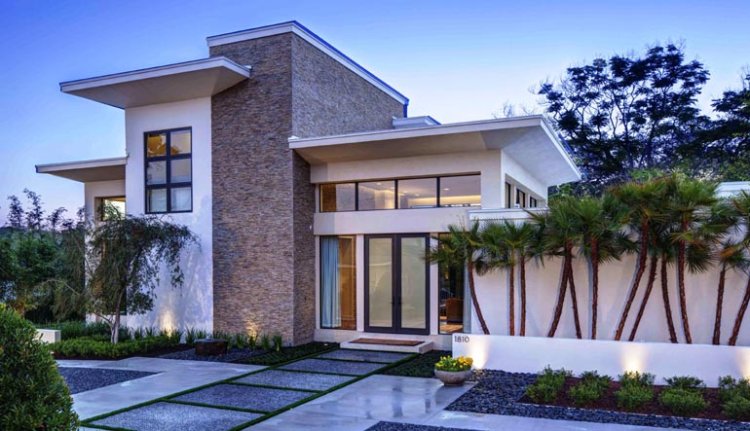Top 5 Dos and Don'ts of Budgeting for Home Construction
Share this Post to earn Money ( Upto ₹100 per 1000 Views )

Introduction:
One of the most significant investments a person can make is the construction of a home. Guiding clients through this complex process involves careful planning, especially when it comes to budgeting. Errors can lead to unforeseen costs and delays, turning the dream of homeownership into a financially terrible experience. Here are the top five dos and don'ts to help builders and their clients manage budgets effectively.
The Dos of Budgeting for Home Construction:
1. Create a Detailed Budget
A detailed budget is the cornerstone of any successful home construction project. Start by listing all anticipated costs, including land acquisition, design and planning fees, permits, construction materials, labor, and finishes. Don't forget to include smaller expenses such as landscaping, utility connections, and interior decor.
Use budgeting software or a detailed spreadsheet to keep track of expenses and ensure nothing is overlooked. This transparency will help in communicating with clients and managing expectations.
2. Account for Contingencies
Even with the most meticulous planning, unforeseen expenses can arise. Allocating a contingency total budget can provide a financial cushion for unexpected costs such as material price increases, design changes, or delays.
Regularly review and adjust the contingency fund to ensure it remains sufficient as the project progresses.
3. Prioritize Spending
Not all aspects of home construction are equally important. Prioritize spending on essential structural components and systems like the foundation, framing, plumbing, and electrical work. While aesthetics and luxury finishes are important, they can be adjusted or upgraded over time without compromising the home's integrity. This will help in making informed decisions when budget constraints arise.
4. Obtain Multiple Quotes:
Sourcing multiple quotes for materials, labor, and subcontractors can help ensure competitive pricing. It also provides a benchmark to negotiate better rates and find the best value for money without compromising quality.
Evaluate quotes based on quality, reliability, and reputation not just cost. Sometimes, the cheapest option may lead to higher expenses in the long run due to poor workmanship or substandard materials.
5. Monitor Progress and Expenses Regularly:
Regular monitoring of the project's progress and expenses helps in identifying potential budget overruns early. Use project management tools and schedule regular meetings with the construction team to review progress, address issues, and adjust the budget as necessary.
This documentation will be invaluable for tracking expenses and resolving disputes.
The Don'ts of Budgeting for Home Construction:
Don't underestimate costs:
This is a common pitfall in home construction. Make sure to research thoroughly and consult with experienced builders and contractors to develop a realistic budget. Factor in potential price increases for materials and labor throughout the project.
Don't overlook permits and fees:
Ensure all necessary permits are accounted for including zoning, building, electrical, plumbing, and environmental permits. Start the permit application process early to avoid delays and additional costs. Familiarize yourself with local regulations and fees to avoid surprises.
Don't make last-minute changes:
Last-minute changes can disrupt the construction schedule and lead to significant cost overruns. Encourage clients to finalize their decisions during the planning phase and to stick with them. If changes are unavoidable assess the impact on the budget and schedule before proceeding.
Don't neglect quality for cost savings:
Cutting corners to save costs can compromise the quality and safety of the construction. Balance cost savings with quality by opting for cost-effective but reliable materials and skilled labor. Remember investing in quality now can prevent costly repairs and replacements in the future.
Don't forget about post-construction costs:
Post-construction costs such as landscaping, interior decorating, and ongoing maintenance, should also be considered. Plan for these expenses early in the budgeting process and set aside funds accordingly.
Conclusion:
Budgeting for home construction is a complex but crucial aspect of any building project. By following these dos and don’ts home construction builders can help ensure that projects stay on track, within budget, and meet clients' expectations. Detailed planning, regular monitoring, and realistic cost assessments are key to avoiding financial pitfalls and achieving successful outcomes.














